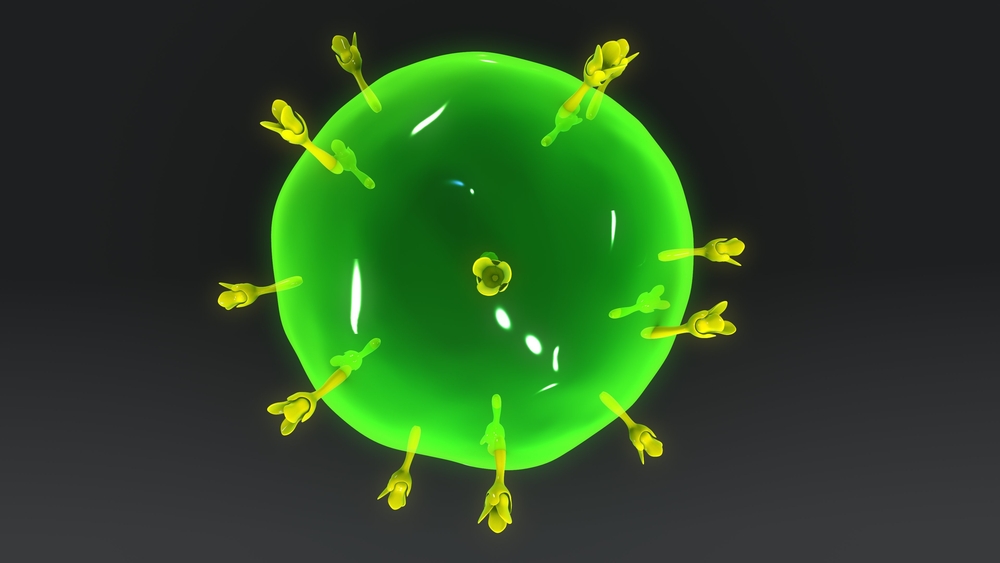Enzyme Regulates Development of Specific T-cells That Contribute to Autoimmune Disease, Study Suggests
Written by |

A new study highlights a crucial role for the enzyme PTPN2 (protein tyrosine phosphatase N2) in the development of early immune T-cells, and suggests that decreased levels of this enzyme can lead to the production of subsets of T-cells that contribute to the development of autoimmune diseases such as multiple sclerosis (MS).
The study, “PTPN2 regulates T cell lineage commitment and αβ versus γδ specification,” was published in the Journal of Experimental Medicine.
T-cells, which are a type of immune cells that fight infection, are composed of multiple subsets that have different roles in immunity.
Two particular types of T-cells include major histocompatibility complex (MHC) — restricted αβ (alpha beta) T-cell receptor (TCR) T-cells and non-MHC-restricted γδ (gamma delta) TCR T-cells. The presence of αβ TCR and γδ TCR T-cells have been implicated in the development of multiple autoimmune and inflammatory diseases.
There are multiple factors that control the development of T-cells into specific subtypes, and despite advances in immunology research, the process which designates the specification of T-cells into αβ TCR and γδ TCR remained unclear.
Previous studies have shown that decreased levels of the enzyme PTPN2 are associated with automimmunity. In fact, mutations associated with PTPN2 have been linked to the development of multiple sclerosis.
Researchers at Monash University set out to characterize the role of PTPN2 in early T-cell development and in the development of T-cell subsets αβ TCR and γδ TCR.
To do this, researchers deleted the gene coding for PTPN2 and looked at the resulting T-cell population.
Results demonstrated that the deletion of PTPN2 led to the production of γδ T-cells with pro-inflammatory properties that have been associated with many autoimmune diseases by inhibiting certain pathways that regulate proper T-cell development.
“This is an important advance in our understanding of critical checkpoints in T-cell development,” Tony Tiganis, principal research fellow in the Department of Biochemistry and Molecular Biology at Monash University in Australia, said in a press release. “It helps decide whether the progenitors go on to become T-cells or something else; if they become one type of T-cell or another type.”
Interestingly, there are already drugs that target some of the pathways that PTPN2 regulates, which could lead to the use of existing drugs to treat some of these autoimmune diseases, including MS.
“Understanding the mechanisms that govern early T-cell development and how these are altered in human disease may ultimately afford opportunities for novel treatments. This is very exciting,” said Florian Wiede, a post-doctoral candidate at Monash and first author of the study.


